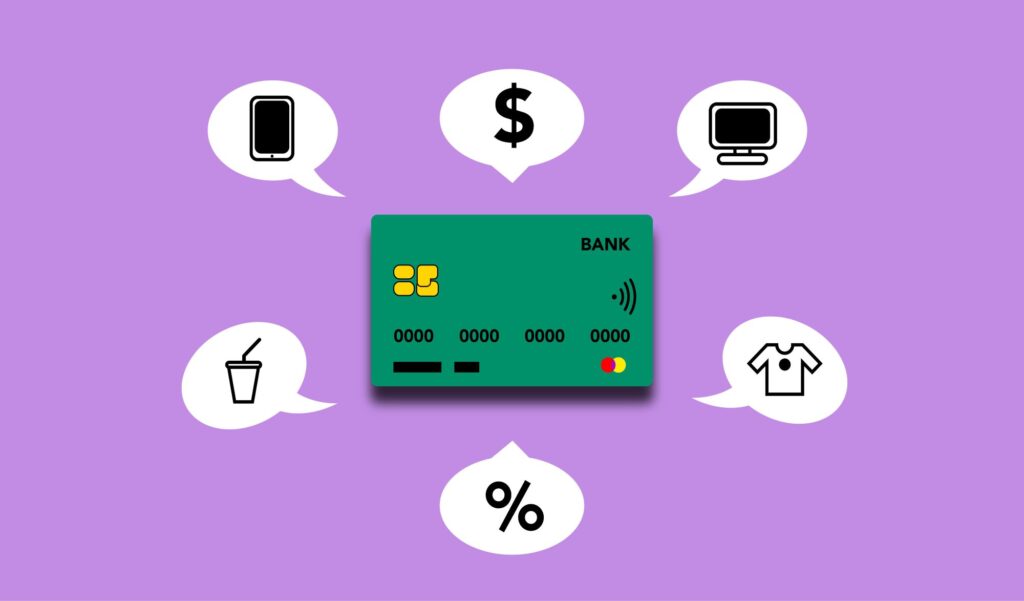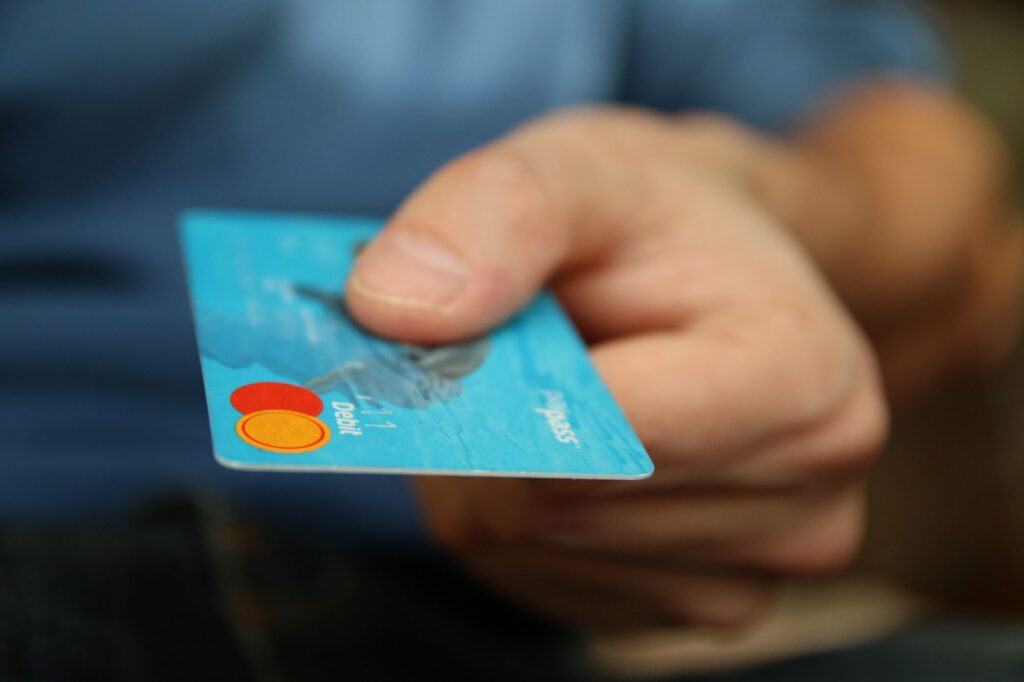Credit cards can be helpful tools when used wisely and responsibly. They offer convenience, build credit, and even provide rewards. But if you’re not careful, they can also lead to debt and stress. Knowing how to manage your spending, make payments on time, and avoid unnecessary fees can make a big difference. By using credit cards the right way, you can enjoy the benefits without the downsides, helping you stay on track with your financial goals. Let’s explore some simple tips to make credit cards work for you, not against you.
The Importance of Using Credit Cards
Using credit cards wisely and responsibly is important for keeping your finances in good shape. When you manage a credit card the right way, you build a positive credit history, which can help you later if you need a loan, buy a car, or even rent a home.
On the other hand, if you overspend or miss payments, credit card debt can quickly add up, leading to high-interest fees that make it hard to pay off. Being careful with credit cards means only spending what you can afford to pay back each month. This way, you avoid the stress of debt and keep more of your hard-earned money.
Being responsible with credit cards also means protecting your credit score, which is like a report card for how you handle money. A good credit score can open doors to better financial opportunities, while a low score can make things harder and more expensive.
Tips for Using Credit Cards Wisely
Using credit cards wisely is essential for staying out of debt, building good credit, and taking advantage of the benefits that credit cards offer. Here are some ways to use your credit cards responsibly:

1. Spend Only What You Can Afford
A credit card isn’t free money—it’s borrowed money you’ll have to pay back. The best approach is to treat it like cash, only spending what you can comfortably pay off each month. This helps you avoid interest fees, which add up quickly and make purchases cost more over time. By sticking to a realistic budget, you keep your finances in check.
2. Pay Your Balance in Full Every Month
Paying your full balance each month is ideal because it means you’re not carrying debt into the next month. Carrying a balance from month to month can lead to high-interest charges that make it harder to pay down. Paying in full also keeps your credit card costs down and shows that you’re financially responsible, which positively impacts your credit score.
3. Make Payments on Time
One way to use credit cards wisely is by making on-time payments, as it’s essential for keeping a healthy credit score. Even one missed payment can hurt your score and lead to late fees. To make it easier, consider setting up automatic payments for at least the minimum amount due. If possible, pay a bit earlier each month to avoid any last-minute stress.
4. Pay More Than the Minimum Payment
If you can’t pay the full balance, try to pay more than the minimum amount due. Minimum payments might seem manageable, but they keep you in debt longer and increase the amount you pay in interest. Even a small amount added to your payment each month can reduce your balance faster and save money on interest.
5. Keep Your Balance Low

Keeping your credit card balance low helps you stay financially healthy. Credit utilization—how much of your available credit you’re using—impacts your credit score. Using less than 30% of your total credit limit is a good rule of thumb. For example, if your credit limit is $1,000, try to keep your balance below $300. This shows lenders that you can manage credit responsibly, improving your credit score.
6. Avoid Cash Advances
Using credit cards wisely means avoiding cash advances, which may seem convenient but come with high fees and immediate interest charges. Unlike regular purchases, cash advances don’t offer a grace period, so interest starts building up right away.
Instead, rely on cash from other sources or use a debit card when you need physical money. Steering clear of cash advances can save you from unnecessary fees and high-interest debt, helping you use credit cards wisely.
7. Limit the Number of Credit Cards
It’s tempting to sign up for multiple credit cards, especially with tempting offers and perks. However, managing too many cards can be overwhelming and make it easier to fall into debt. Therefore, stick to one or two cards with terms and benefits that fit your lifestyle. This helps you keep track of payments and stay financially organized.
Making Smart Financial Choices
Credit cards are incredibly useful, especially with so many purchases now made online. They make shopping easier and offer plenty of conveniences, but it’s essential to use them carefully to avoid debt. By managing your credit card wisely, you can enjoy the benefits without financial strain. Stay mindful of potential pitfalls, like high interest rates and late fees. When used responsibly, credit cards can work in your favor by building a positive credit history.
Check out my article on how to teach kids to use credit cards wisely and responsibly! It’s a great way to help them build smart money habits early on.














